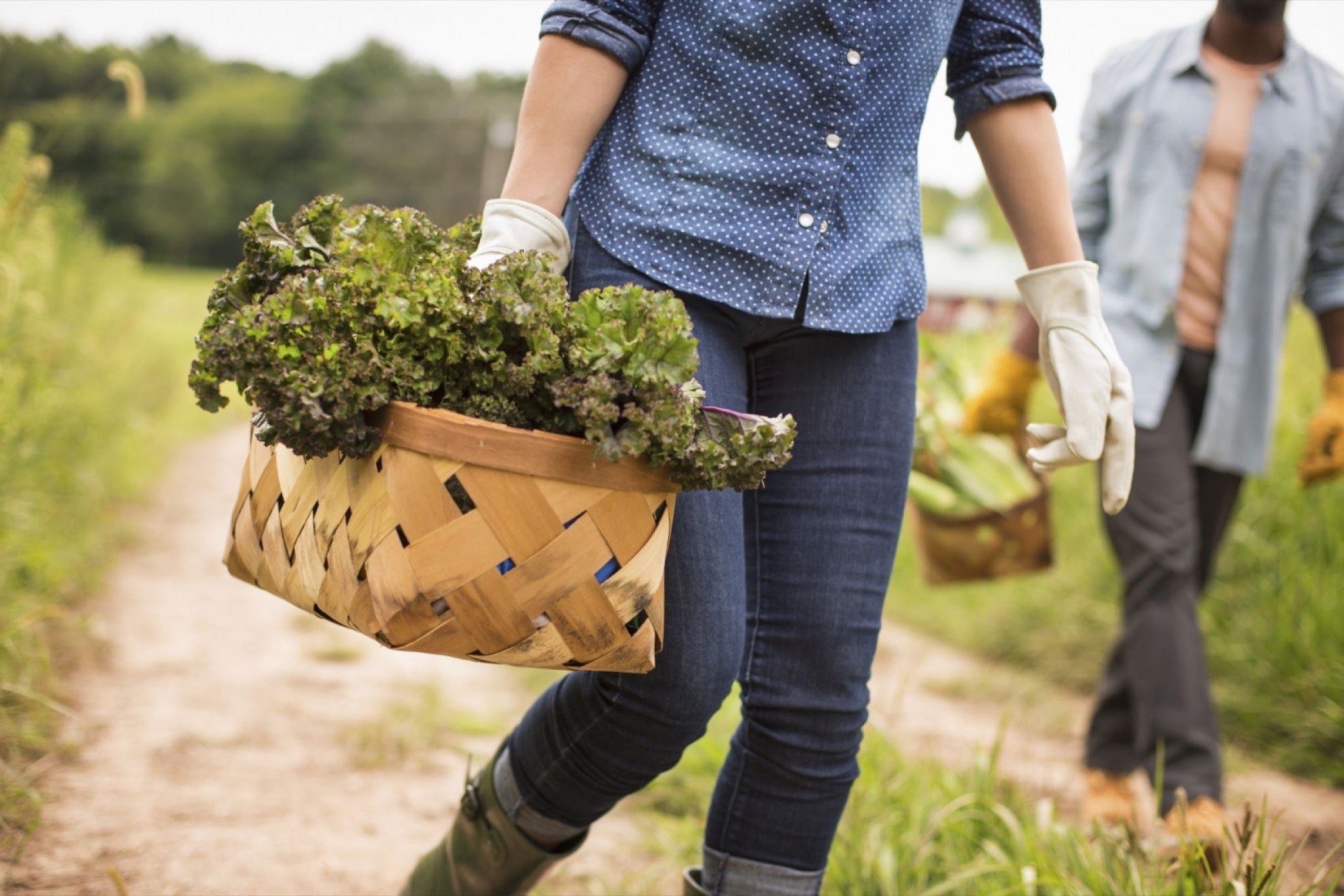Tech Is Accelerating a Boom In the Food Business Technology is bringing new efficiencies, opportunities and profitability to agriculture and restaurant management.
By Rahul Varshneya Edited by Dan Bova
Opinions expressed by BIZ Experiences contributors are their own.

As diets change, food prices climb and corporations fail to come up with innovative ideas, investment in the food tech industry is still a valuable prospect.
Advancements in data and technology have led to incredible developments not only in the way we grow and harvest our food, but also in the way we obtain and consume it. From seed to table, technology is affecting the entire food supply chain in remarkable ways.
Related: Going Deep On Food Tech: A Look At Digital Disruption In The Food Industry
It's time for BIZ Experiencess in the industry to reap the benefits. By leveraging the latest advancements from agriculture to food service, restaurateurs can craft a top-quality experience that's sure to keep hungry customers coming in.
Aggregating agriculture.
Much like fintech or martech, advancements in the food sector are increasingly based on technologies that enhance our relatively newfound ability to collect, store and analyze data.
For restaurateurs looking to cash in on this new frontier, these three avenues could give their establishments a high-tech advantage over the competition:
1. Source ingredients from "smart" farms.
While many of the factors affecting a restaurant's success or failure can't be controlled, one that can is the food itself. Serving a high-quality meal begins with sourcing high-quality ingredients, and there's no better way to ensure quality than through the latest tech.
Many farms today are highly sophisticated, tech-driven operations, whether they're family-owned or run by large corporations. Telematics products offered by companies like Trimble, John Deere and AGCO help farmers get more out of their expensive equipment by enabling them to easily transfer location, navigation, prescription application and other data between machines.
Smart sensors provide farmers with real-time updates on soil quality, field conditions, pH levels and more and can help them optimize water use and mitigate yield loss. Some sensors, including ones developed by Topcon and Ag Leader, are entire systems that measure light reflected off crops to determine nitrogen levels. They'll then trigger an action that applies the correct amount of nitrogen to plants.
Related: The Small Business Guide to Thriving in the Amazon-Whole Foods Era
By connecting with these state-of-the-art farming organizations, restaurateurs can provide chefs with the (perishable) tools necessary to create meals that keep customers coming back.
2. Minimize farm-to-table tampering.
Food safety has been a hot topic over the past few years, and for some companies -- Chipotle, for example -- public food safety concerns have led to PR nightmares. In response to the public outcry that erupted after several cases of E. coli and norovirus were linked to the chain in 2015, Chipotle temporarily closed all of its franchises for a companywide health safety meeting last year.
The negative press such scenarios often generate can cause severe damage to a restaurant's reputation and shake investor confidence. But savvy restaurateurs can mitigate this danger by choosing distributors who keep goods safe through tech. Transporters can now trace the movement of ingredients along increasingly complex supply chains. Moreover, they can use sensors to make sure certain conditions are being met over the course of a food's journey from farm to restaurant and send alerts when things such as humidity or temperature aren't where they need to be.
3. Go hands-off and tech-on with restaurant management.
Like farms, restaurants are increasingly becoming tech-driven operations, and like farmers, restaurateurs have a growing array of tools at their disposal to maximize efficiency and food quality.
Platforms like Upserve represent a new generation of restaurant technology that takes some of the guesswork out of managing an eatery, empowering restaurateurs to make decisions based on customer data. Upserve's restaurant management platform produces a wealth of data, enabling restaurants to analyze what types of meals keep customers coming back and emboldening managers to build menus that make the most of the ingredients on hand and drive more revenue.
Related: Why are Food-tech Startups Once Again Investors' Choice in India?
While a reliance on data may sound constricting at first -- particularly from a restaurateur's perspective -- it actually gives restaurants the freedom to innovate with more confidence.
Without a doubt, agricultural and restaurant management technology is entering a period of tremendous evolution. But for forward-thinking BIZ Experiencess in the industry, a prosperous future is ripe for the taking.












